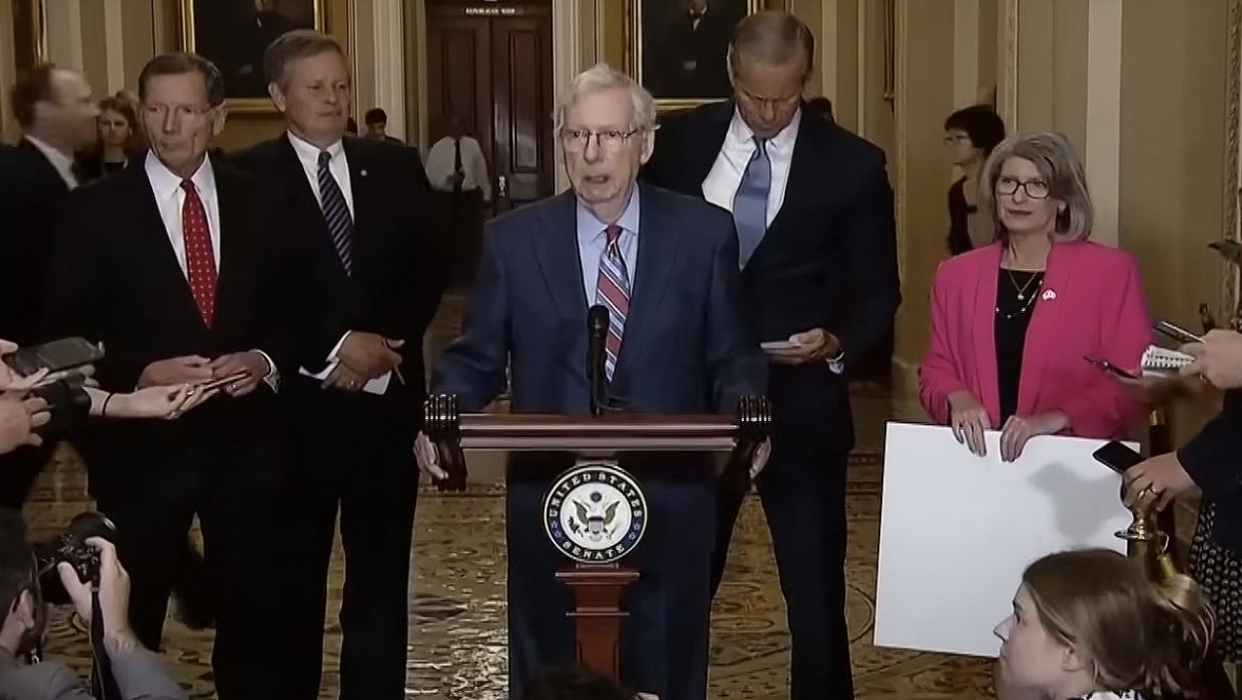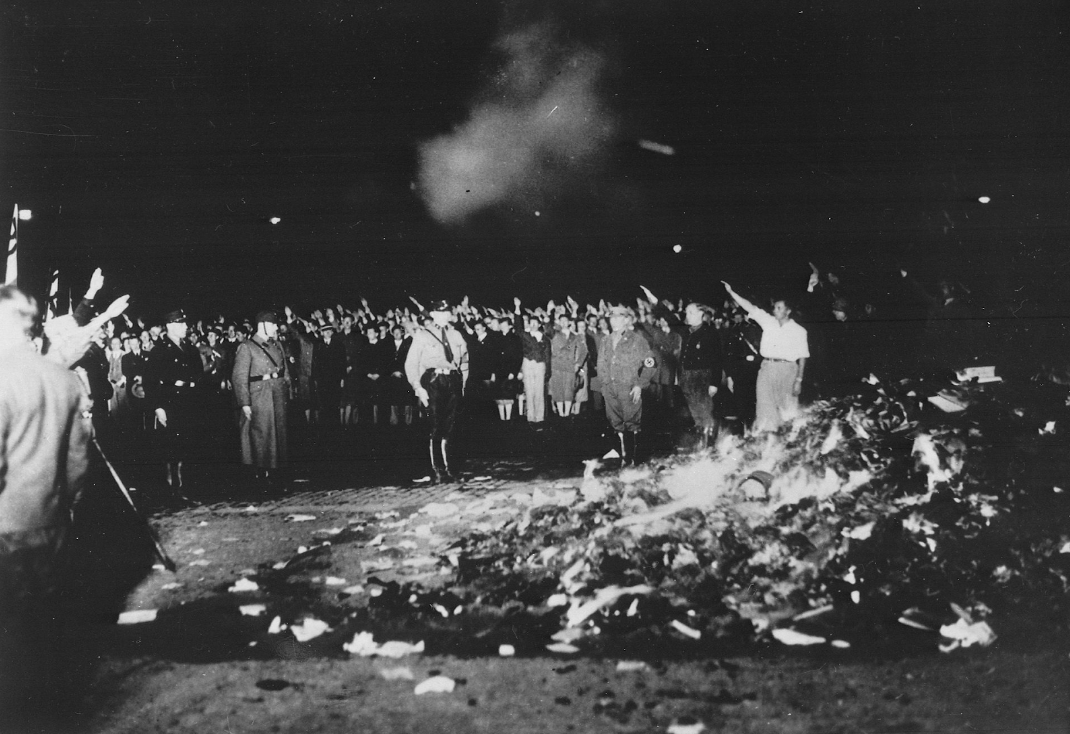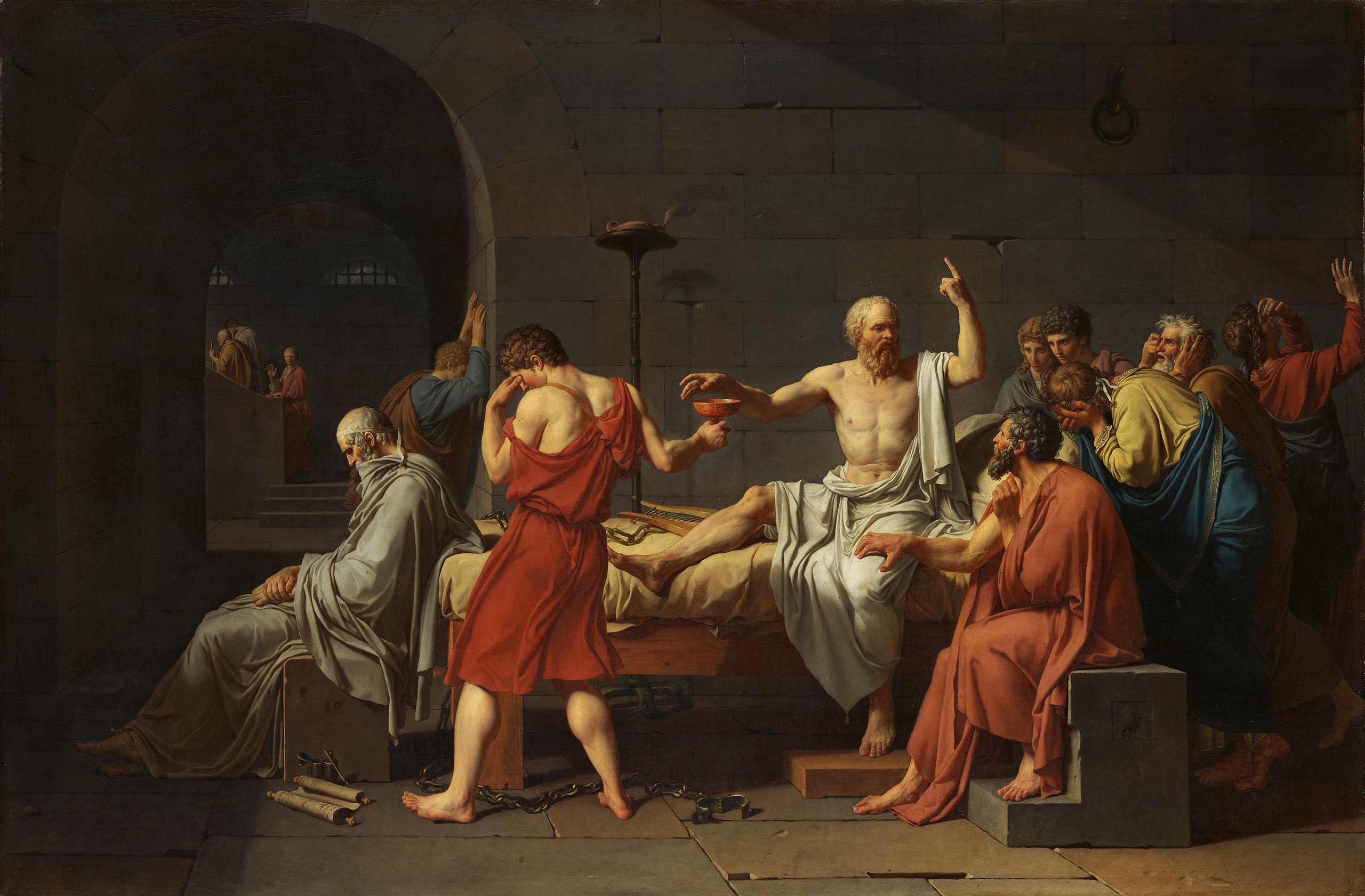Getting diagnosed opened my eyes to what PTSD really means:
MARY WILSON OPINIONS EDITOR:
I don’t deserve post-traumatic stress disorder. At least that’s what I’ve told myself. I’ve never served in a war. I’ve never been the victim of a violent attack or impacted by a natural disaster. PTSD was for other people, I told myself. After all, I rationalized, what I experienced wasn’t even that bad. Nobody had died. Why couldn’t I get over it? It wasn’t until I was about 1,900 miles from my home that I realized I might have a problem. One of the key diagnostic criteria for PTSD is what is called “re-experiencing” symptoms. Think flashbacks and nightmares. Flashbacks are for other people, I told myself. What had happened to me wasn’t even that bad. And I didn’t have nightmares, so I was obviously fine. I was in and out of what I now know to be flashbacks for 22 hours, broken up by periods of constantly being on guard and short bits of sleep. I was so anxious that I looked up local emergency rooms and thought about admitting myself. I walked around Harvard Square with one of my best friends at my side, shaking and trying not to scream and cry. In my therapist’s office two weeks later, I was diagnosed with PTSD. And I’m not alone. PTSD is often thought of as a veterans’ issue; although many veterans struggle with the disorder, people of all ages can develop PTSD. Anyone who has experienced or witnessed a trauma is at risk of the disorder. There is even some debate on whether or not PTSD is a “disorder.” While it is listed in the American Psychiatric Association’s Diagnostic and Statistical Manual of Mental Disorders (DSM), there are some groups — including military officers and psychiatrists — who are debating changing post-traumatic stress disorder to post-traumatic stress injury, a debate The Washington Post reported on in May of 2012. The DSM stands firm on its stance for now: PTSD is a disorder. One possible reason for the lack of change is that insurance companies may be more likely to pay for treatment for a disorder over an injury. Initially, I resisted the PTSD diagnosis. I felt that it should be reserved for people who had witnessed more serious trauma than I had. Jason Kander, the Missouri politician who most recently ran for Kansas City mayor, published an essay on Medium last October titled “I Suffer From Depression and Have PTSD Symptoms” in which he detailed his reasons for dropping out of the race for Kansas City mayor. Kander, a veteran, wrote that he felt he couldn’t have PTSD because he “didn’t earn it.” This is not an uncommon belief – or cognitive distortion as mental health professionals call it – but it doesn’t make it any easier for those fighting the disorder. I’m slowly getting ready to start PTSD focused therapy. I’m fortunate enough to have an amazing support system including a psychiatrist and therapists who listen to what I’m saying. If you are struggling with PTSD symptoms, please seek help. I know it’s hard. I know the therapy can seem daunting. I know firsthand the stigma that surrounds mental illness. I also know that it has to get better than this.











